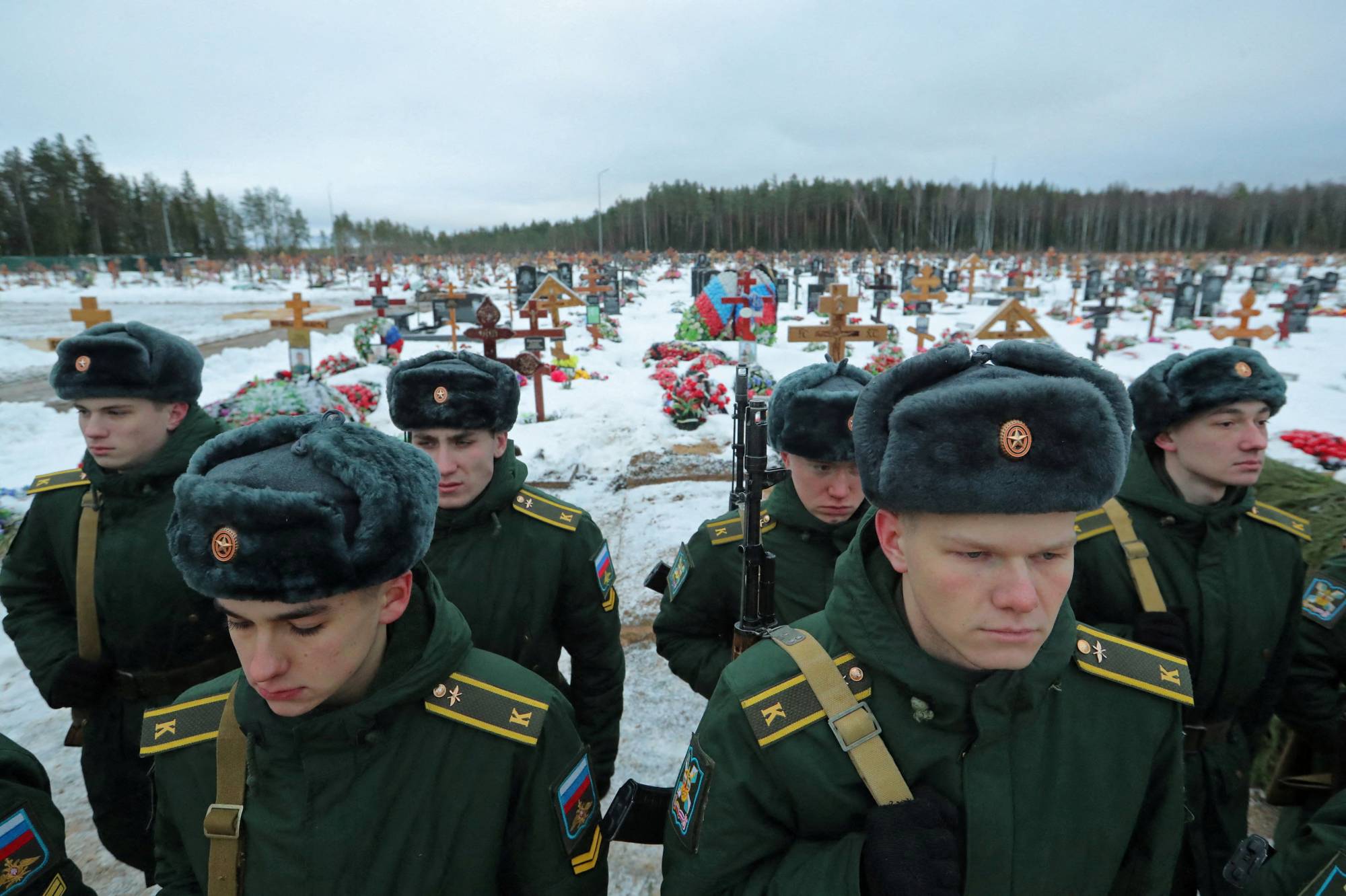For the first time since July 2022, the Russian invaders in Ukraine have been able to claim that they’ve captured a Ukrainian town — Soledar, prewar population 10,000.
The man responsible for the recent victory, such as it is, has no military rank and is better known as "Putin’s chef”: He’s Yevgeny Prigozhin, the founder of the Wagner Group Private Military Company.
In the telling of Western intelligence services and analysts, Prigozhin has been gaining influence as his private force, which has been allowed to recruit convicts in exchange for pardons, has become one of the main driving forces of the invasion. This narrative has been backed up with impressive numbers. The U.K. government and the U.S. National Security Council estimate the size of the Wagner force at 50,000, 80% of them convicts, and the U.K. has put the group’s monthly outlay at $100 million, suggesting major state funding.



















With your current subscription plan you can comment on stories. However, before writing your first comment, please create a display name in the Profile section of your subscriber account page.